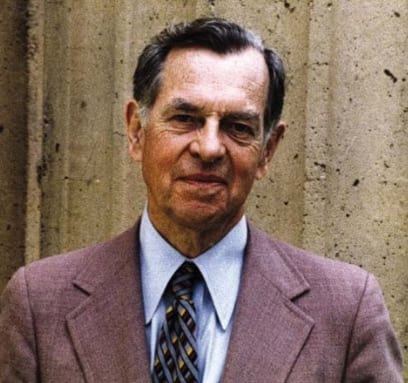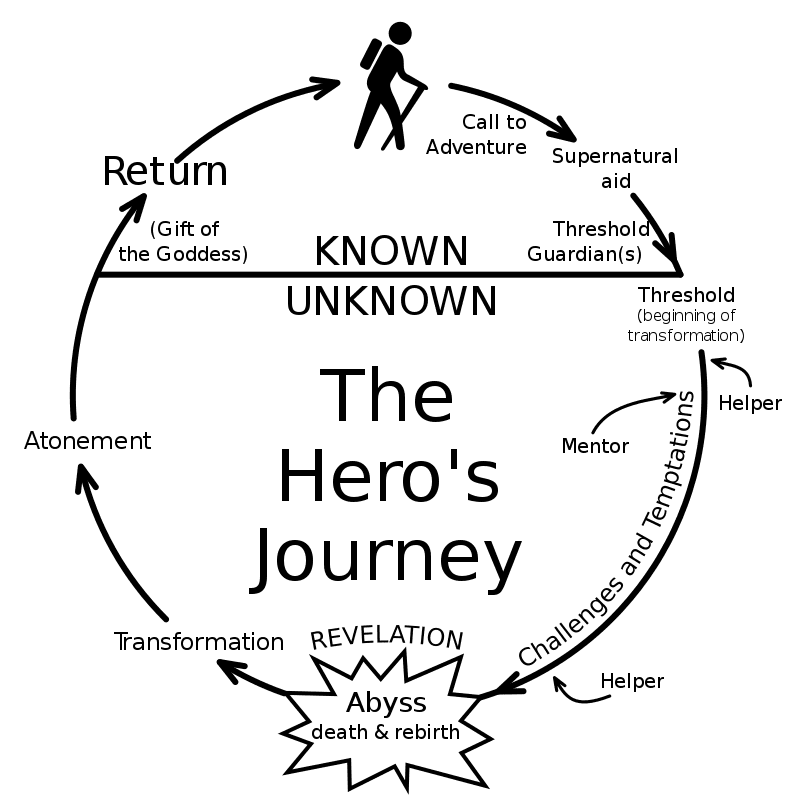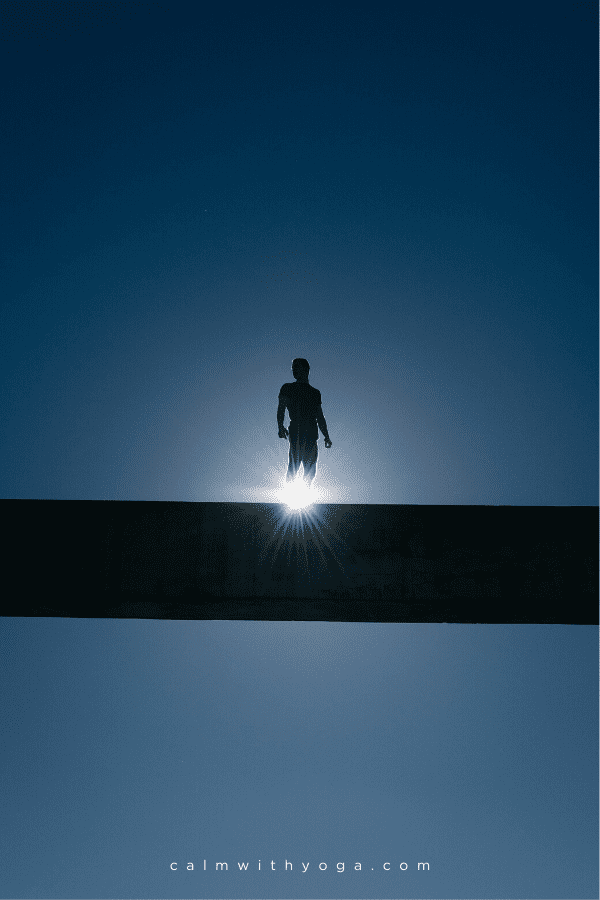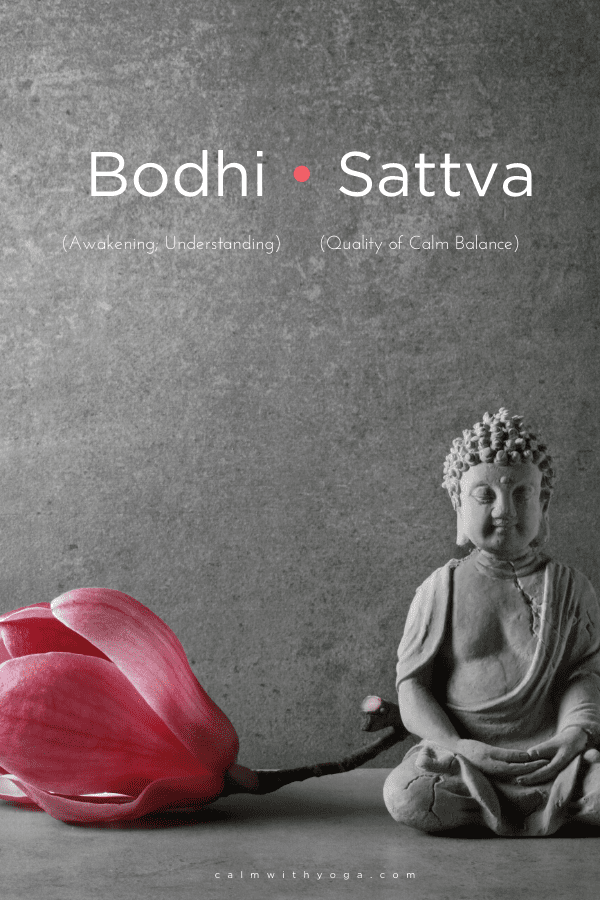– Joseph Campbell, Mythologist, Scholar, & Author of ‘The Hero With a Thousand Faces’ Or do you daydream about being the protagonist of your own story and having the freedom to live out your deepest desires? Do you ever feel bored or trapped by your current circumstances and wish things were different? Or are you currently carrying the weight of a particular challenge, health setback, or major loss? You see, there’s a common theme across all of humankind’s stories – the theme of the hero. We tend to view heroes as those who have superhuman powers like the ability to fly or see through walls… What if it’s just a matter of tapping into that potential? According to world-renowned mythology expert Joseph Campbell, we are all the heroes of our own story. Campbell dedicated his life to studying the world’s greatest myths, religions, and stories – from all eras and time frames, across all cultures and languages. He extrapolated their elements and discovered a universal pattern embedded in every story. This universal pattern is present amongst all of the stories ever told by mankind. He called this one common thread the Monomyth (one myth) or Hero’s Journey. Campbell’s Monomyth outlines the basic stages of this mythic cycle: Through contemplating those we evoke those powers in our own lives to operate through ourselves. – Joseph Cambpell
Odysseus
Jedis Luke Skywalker, Obi-Wan, Darth Vader, & Princess Leia from Star Wars (George Lucas)
Katniss Everdeen from the Hunger Games
J.R.R. Tolkien’s The Hobbit
Dorothy from Oz
Neo from the Matrix
Harry Potter from Hogwarts
Hollywood movies bring The Hero’s Journey to life…
The Hero’s Journey story structure has been adapted countless times in the entertainment industry. It is a comparison that helps us understand, by analogy, some aspect of our mysterious selves. A myth, in this way of thinking, is not an untruth but a way of reaching a profound truth. – Christopher Vogler, Screenwriter & author of ‘The Writer’s Journey: Mythic Structure for Writers’ Thanks to Hollywood producers and screenwriters who have taken Campbell’s work and applied it to the big screen we have a multitude of movies and stories to enjoy as kids and as adults. And think about how much these films and stories have influenced us throughout our lives. How many times have you been deeply touched by a character’s experiences? How much inspiration have you gained from watching your favorite heroes face adversity and triumph in the end?
Applying Campbell’s Hero’s Journey to real-life…
In its essence, the hero’s journey is about a quest and a search for answers, clarity, and to create meaningful circumstances. – Joseph Campbell What makes a hero? Courage. Heart. Willingness. It’s not so much about how strong you are, how many resources you have, or how well you can perform. A hero becomes a hero when they are willing and courageous enough to venture out into new territory and face the unknown. Healing means to become whole. In order to do that we must first face the unknown territory of navigating your condition – whatever it may be. Campbell himself encouraged us all to view our own lives as ‘heroic journeys.’
Stages of the Hero:
Phase 1: The Ordinary World
1 – The Ordinary World:
The unsuspecting hero starts off in the “ordinary world,” the “known world,” where it’s “business as usual. This can be seen as the “pre” period. Pre-challenge. Pre-loss. Pre-diagnosis. Pre-symptoms. Pre-anxiety.
2 – The Call to Adventure:
A pull that initiates you on your quest for healing, recovery, and becoming whole. A rite, or moment of spiritual passage, which, when complete amounts to a dying and a rebirth. The familiar life horizon has been outgrown. The old concepts, ideals, and emotional patterns no longer fit. The time for a passing of a threshold is at hand. – Joseph Campbell To Campbell, life was affirmed as an adventure. So we can view this initial stage as a Call to Life. A call to live more awake and aware.
3 – Refusal of the Call:
At first, the hero is reluctant to leave the known world for the unknown and unexplored. This person then takes off on a series of adventures beyond the ordinary, either to recover what has been lost or to discover some life-giving elixir. It’s usually a cycle, a going and a returning. – Joseph Campbell Walled in boredom, hard work, or “culture,” the subject loses the power of significant affirmative action and becomes a victim to be saved… The myths and folktales of the whole world make clear that the refusal is essentially a refusal to give up what one takes to be one’s own interest. – Joseph Campbell They are afraid of leaving their comfort zone and may not be willing to do what is needed to heed the Call. Their insecurities rise to the surface. This can be seen as the moment we bargain with our condition. “This will just pass,” we might think, or “this isn’t happening to me.” So we might resort to denial, and refuse to face what’s in front of us. Or we might just minimize and deflect, not giving it importance.
4-Supernatural Aid:
It is scary and confronting to cross thresholds and enter into the unknown. What such a figure represents is benign, protecting power of destiny… … Reassurance and a promise that the peace of paradise is not to be lost. That it supports the present and stands in the future as well as in the past… … Protective power is always and ever-present within the sanctuary of the heart and even immanent within, or just behind, the unfamiliar features of the world. – Joseph Campbell It can feel lonely and sad. But Campbell reminds us that although “everyone has to pass a threshold of some kind,” we are protected by destiny and by an invisible higher power. In yoga, we call this surrender to a higher power ‘Ishvara Pranidhana.’ The hero (and yogi) are urged to take heart (courage) and tap into the infinite intelligence and creative wisdom of the universe that is available through that willing and open heart. This is also a reminder that no matter your circumstance or where you are on the journey – you have resources available to you if you look hard enough. Gratitude can also help to uncover these resources and help prepare us to cross the Threshold or demarcation point. Something shifts within us and helps us radically accept what is happening. That is when we begin the real search for answers and solutions.
5 – Crossing the First Threshold
This stage marks the beginning of transformation as the hero ventures out courageously into the new world full of potential dangers and unknowns.
Phase 2: Special World
6 – Tests, Allies, & Enemies:
This stage, also known as ‘the belly of the whale’ is characterized by a series of challenges, temptations, and a series of tests designed to accelerate the transformation process. The hero, instead of conquering or conciliating the power of the threshold, is swallowed into the unknown, and would appear to have died. – Joseph Campbell
7 – The Inmost Cave:
This is a call to take heart, which is what the origin of the word ‘courage’ really means. – Joseph Campbell This inmost cave we resist is a metaphor for our biggest fear and challenge be it a devastating loss, a shattering diagnosis, or whatever form our breakdown presents itself in.
8 – Ordeal:
This is where you face your biggest fears and challenges, and as you should. That is the hero’s deed… There’s a large journey to be taken, of many trials. If you want to put it in terms of intentions, the trials are designed to see to it that the intending hero should be really a hero. Is he really a match for this task? Can he overcome the dangers? Does he have the courage, the knowledge, the capacity, to enable him to serve? Here we undergo a truly heroic transformation of consciousness… Either by the trials themselves or by illuminating revelations. Trials and revelations are what it’s all about. – Joseph Campbell This stage is an epic battle that leads to death and subsequent rebirth and resurrection. Each person experiences this stage differently. Our trials and fears and challenges present themselves in different forms depending on our individual traumas, perceptions, misguided memories, and emotional triggers. Like a butterfly emerging from the chrysalis, you’ll find yourself with a new body, new skin, new eyes, new awareness, more wisdom, and/or new capabilities.
9 – Reward – Apotheosis:
According to Campbell, this stage is characterized by the mantra ‘om mani padma hum‘ (the jewel is in the lotus). The hero’s reward for venturing into the unknown and facing trials is understanding and complete transformation. Here the hero becomes the Bodhisattva – that being that possesses the quality of true understanding and calm balance. The Bodhisattva hero recognizes the divine within him/herself. Campbell says this stage offers us: This is the gift that comes from facing your challenges and courageously moving through dark and muddy waters – we become the lotus flower. Like the lotus, we are ever expanded and awake. This is the way of the Yogi Warrior and the way of the true Bodhisattva – the one who awakens him/herself in order to help awaken the world.
10 – The Road Back the Ordinary World
This stage is a return threshold where the now upgraded and transcended hero prepares to return home to the Ordinary World with the Elixir of truth to share with others. This Elixir is a metaphor for all the hero has learned on the journey. It is now time to give back and be of value and service to others. The Quest has changed the hero, and he/she has outgrown their old self. Things are not ever the same. The end. Or the beginning, rather. This last part is also available to all of us. You can be that new you staring back at the terrain you’ve covered, and going back to your “old life” with the lessons, changes, and wisdom you’ve acquired. You have two options when it comes to handling the adversity in your life: The black moment is the moment when the real message of transformation is going to come. At the darkest moment comes the light. – Joseph Campbell You can choose to view the trials and tribulations as part of your Quest – and in that you give it meaning. Campbell refers to our fears and the toxic elements of our environment as “dragons.” We must face our dragons in order to get close enough to slay them.



